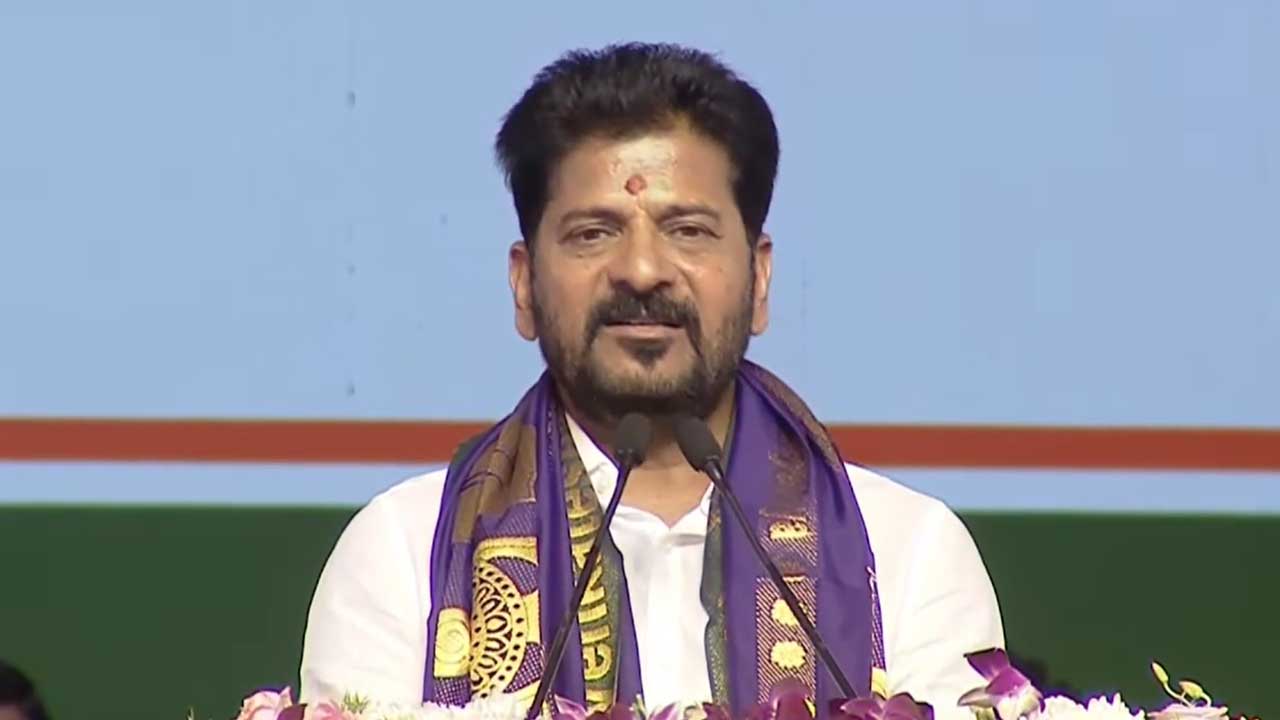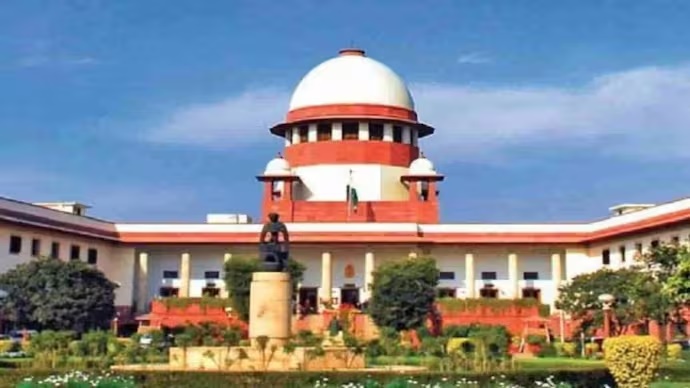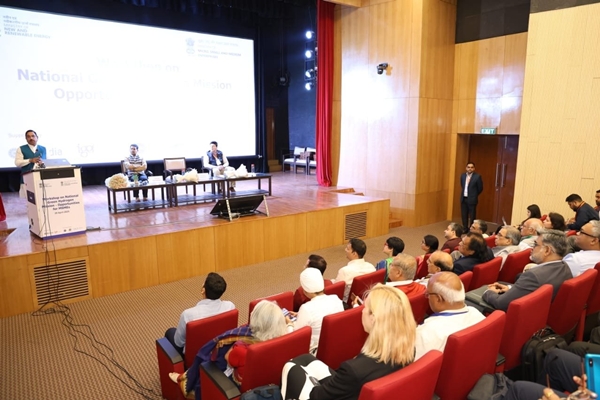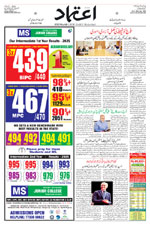CEO Rajiv Kumar says the commission is committed to delivering fair, transparent and inducement-free elections
Fri 06 Oct 2023, 10:26:29
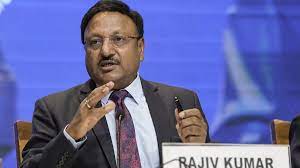
The Election Commission of India (ECI) would keep a strict vigil on illicit online cash transfers through ewallets during elections, Chief Election Commissioner (CEC) Rajiv Kumar said on Thursday in response to complaints lodged by different political parties
The ECI will take the assistance of the National Payments Corporation of India (NPCI) to enforce this, Kumar said at the end of the 17-member ECI panel’s three-day visit to the state here on Thursday.
He said that the commission was committed to delivering fair, transparent and inducement-free elections. With regard to handing out of liquor and cash, Kumar directed law enforcement agencies to crack the whip.
"Inducement, freebies and money distribution are on the ECI radar. Law enforcement agencies must share intelligence inputs among themselves and take quick action against those indulging in such illegal activities," he said, adding, "general public can reach us on the ViGIL App and post videos and pictures of any untoward incidents that they come across."
Stating that the voter turnout in December 2018 was 73.37 per cent and the response from urban
voters was rather poor, Kumar urged voters to celebrate the election ‘festival’ by exercising their franchise. He said the voter turnout in 29 Assembly constituencies over eight districts was less than the state’s polling average. Of these, 24 were in GHMC limits.
voters was rather poor, Kumar urged voters to celebrate the election ‘festival’ by exercising their franchise. He said the voter turnout in 29 Assembly constituencies over eight districts was less than the state’s polling average. Of these, 24 were in GHMC limits.
The CEC asked law enforcement agencies to identify goods and material that are distributed most and warehouses and godowns used for stockpiling liquor and freebies. He called for joint operations by police, excise, transport and forest departments to track down locally made illicit liquor outlets.
"We keep a close vigil on inter-state borders. At least, 17 districts in Telangana share borders with four states. Law enforcement agencies have set up 89 police check posts, 14 of road transport department, 16 of the commercial tax wing, 21 of excise and eight check posts of the forest department," he said.
Kumar said that they had held a high-level meeting involving all political parties, the DGP, SPs, police commissioners, district collectors and the chief secretary and took stock of the state’s election preparedness.
No Comments For This Post, Be first to write a Comment.
Most viewed from Hyderabad
Most viewed from World
AIMIM News
Latest Urdu News
Most Viewed
May 26, 2020
Which Cricket team will win the IPL 2025 trophy?
Latest Videos View All
Like Us
Home
About Us
Advertise With Us
All Polls
Epaper Archives
Privacy Policy
Contact Us
Download Etemaad App
© 2025 Etemaad Daily News, All Rights Reserved.

.jpg)
.jpg)
.jpg)
.jpg)
.jpg)
.jpg)
.jpg)
.jpg)
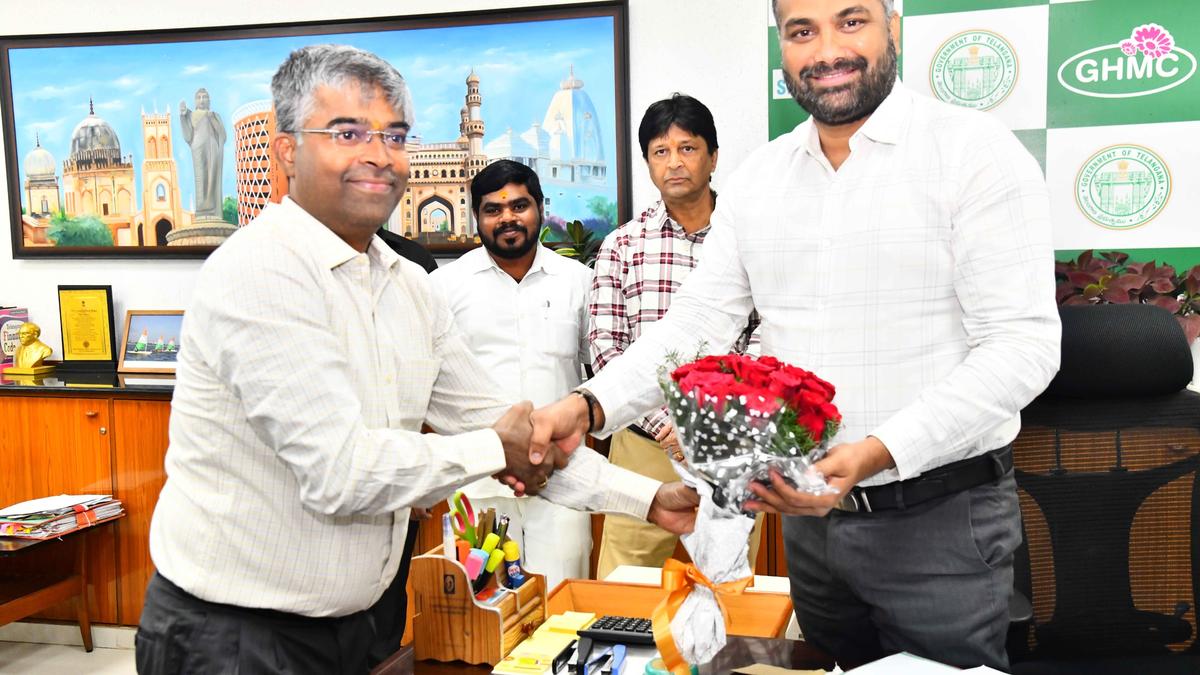
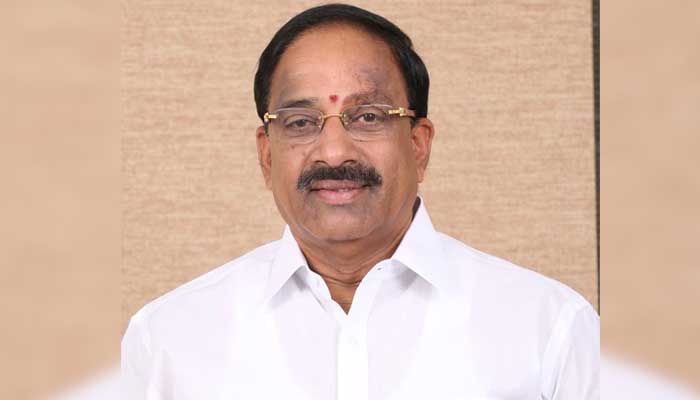
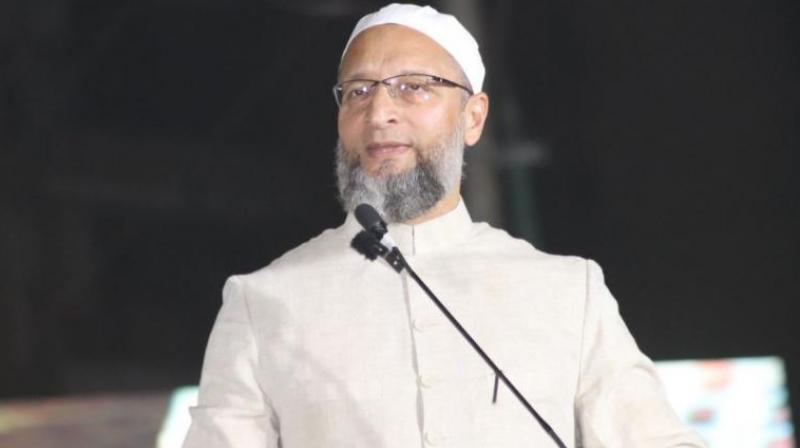

.jpg)
.jpg)
.jpg)
.jpg)
.jpg)
.jpg)
.jpg)
.jpg)
